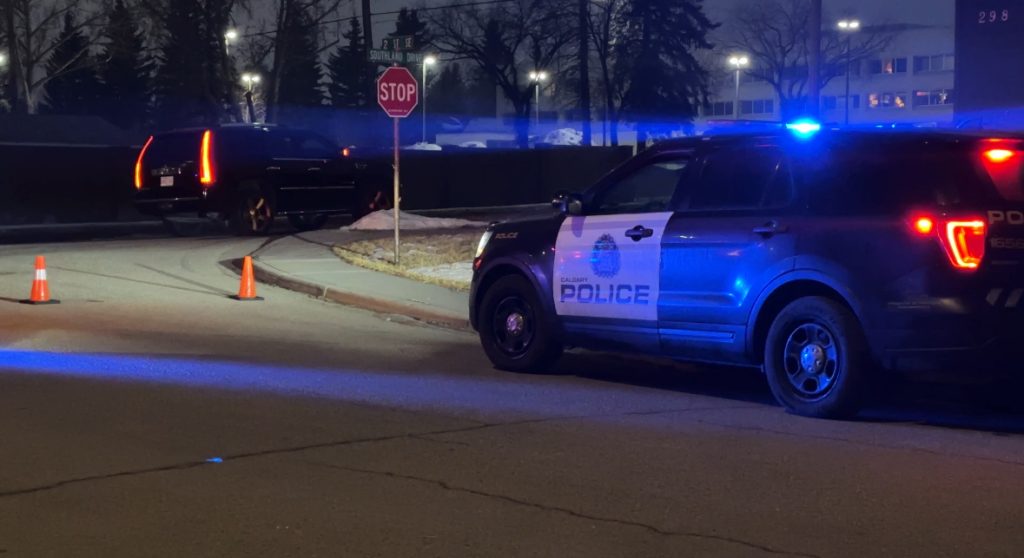Make three digit suicide prevention hotline accessible, CRTC told in consultations
Posted Mar 30, 2022 6:11 pm.
Last Updated Mar 30, 2022 7:07 pm.
A consultation by the telecommunications regulator has been told that a three-digit suicide prevention hotline should be accessible to people who are deaf or living with other disabilities.
Responses to a consultation by the Canadian Radio-television and Telecommunications Commission show widespread public support for a 988 hotline, which was voted for by MPs from all parties.
But two Conservative MPs are warning that continuing delays to the introduction of the hotline could be costing Canadian lives.
They claim the failure to act on the unanimous vote by MPs in December 2020 to take “immediate action” to create the suicide helpline is having tragic consequences.
Conservative MPs Todd Doherty and Mike Lake are increasing pressure on the federal ministers for health and mental health and addictions who also support the hotline to speed up its introduction as about 11 Canadians die by suicide every day.
468 days since parl unanimously passed my motion to #Bring988toCanada & this hotline still does not exist. Currently, the national suicide prevention hotline is 1-833-456-4566; a ten-digit number that even the Minister of Mental Health can't remember. Enough delays, get it done. pic.twitter.com/z5JxtB1j7Q
— Todd Doherty (@ToddDohertyMP) March 24, 2022
Doherty, who lost one of his closest childhood friends to suicide at 14, said he is “astounded” the line backed by the entire House of Commons is taking so long to introduce.
“It is deeply troubling when something that is supported by so many is being ground to a halt by bureaucracy,” he said.
Doherty, who spearheaded the push for the national suicide prevention hotline, said that since MPs voted for it in 2020, around 5,200 Canadians may have taken their own lives.
He said official statistics, which predate the spike in mental health problems during the COVID-19 pandemic, show that 275 Canadians attempt suicide each day, and 11 succeed.
“The call for immediate action has not slowed to a crawl, it has just ground to a halt,” he said. “That inaction has cost lives when minutes and seconds count.”
The Canadian Suicide Prevention Service already operates an 11-digit suicide helpline, but Dr. Allison Crawford, the service’s chief medical officer, has said a three-digit dialing code would be far easier to remember.
Read More: National standards would help track young Canadians’ mental health, experts say
Lake said the creation of the line needed to be treated “with some urgency” because people at risk of suicide and those considering taking their lives require help immediately.
He recently questioned Carolyn Bennett, the mental health minister, at a House of Commons committee about delays to the line, saying few people, let alone in a time of crisis, would remember the 11-digit phone number, though they might recall 988.
“It is confounding how this is taking so long,” Lake said.
The CRTC has consulted on whether to create the line, extending its consultation period to enable deaf people to contribute their views in sign language via video link.
The regulator said it does not yet know when it will finish analyzing submissions to the consultation and make a decision.
“Now that the public record has closed, we are analyzing the comments and evidence that were submitted during the consultation,” the CRTC said in a statement.
“We do not have a timeline for the decision at this point.”
Responses to the consultation showed widespread support for a 988 suicide helpline in Canada, a service that will shortly be introduced in the United States.
Related Article: BIPOC women facing disproportionate mental health struggles
The Canadian Association of the Deaf said in its submission to the consultation that a three-digit line should be “accessible to all sign language users as well as to all Canadians, including people with disabilities.”
The Deaf Wireless Canada Consultative Committee said it supported a three-digit dialing code “as long as it is accessible and inclusive.”
Suicide rates are consistently higher among Indigenous people in Canada, particularly young people. From 2011 to 2016, the suicide rate was three times higher than among the non-Indigenous population, according to Statistics Canada.
Rick Robson, executive director of the London Police Association, told the CRTC consultation that the line will be “invaluable and necessary” and will “undoubtedly save lives and money.
“It should be implemented at the soonest available opportunity.”
A spokeswoman for Minister Bennett’s office declined to comment and said the matter was in the hands of the CRTC, an independent regulator.








